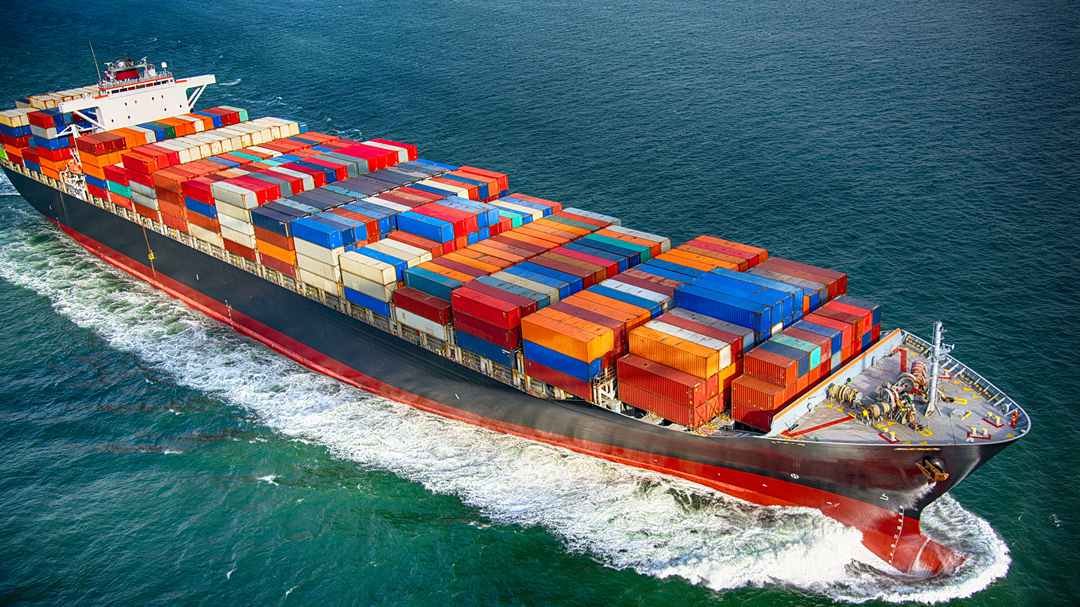And a good example is U.S.A. whose growth in electrical energy production and consumption is way smaller than her reported GDP growth rate. In some years, the figure even went backwards.
For outsiders to gauge an economy's growth they can use a composite based on available data since they don't have access to data inputs for creating gdp numbers. Changes in the economy can be gauged through the changes in a relevant composite. When Li Keqiang was the party secretary of Liaoning province, he used a composite of railway cargo volume, electricity consumption and total loans disbursed by banks in Liaoning as a gauge of the region's economy.
Some non-Chinese economists or economic observers had used this composite or a variation of it to analyze the whole nation's economic growth. The problem with this is that it doesn't account for China's regional specializations. Liaoning along with the rest of the NE provinces, Inner Mongolia and Hebei is SOE, heavy industries and mining orientated, it is different from Guangdong, Shanghai, Jiangsu, or Zhejiang's economic composition. Or the changing nature of China's economic structure within regions.

This in my view is the same fault with using indexes like "Composite Index of National Capability" by itself to determine a holistic national strength. It was created in 1963 to measure national capabilities and included variables of: total population ratio, urban population ratio, iron&steel production ratio, primary energy consumption ratio, military expenditure ratio, and military personnel ratio. With this composite we can see an implosion of Russia, sharp rise of China beyond America in the year 2000 and stagnation of America's share of the world strength. Does this reflect the realities of great powers we see today? Not exactly, I would say no and this is a misleading chart. The composite consists of variables that were relevant during the industrial era. Since the 1960s we have entered into a new era, the post industrial era where raw numbers in population, steel production, energy consumption, and expenditures are not all that determines national strength, they are still relevant but less so today.
China's national capabilities has not surpassed America's as the chart suggests because in this new economy there is substantial value generated in the intangible and invisible realm for economy, military, and politics. Modern military capabilities reflect the capabilities of our civilian economy, the military sphere is the pinnacle of the economy's capabilities arranged systematically. If such an industrial era composite is not relevant for military analysis, it also isn't relevant for the new age economy. Transition times is especially bad for old composites, they no longer reflect the direction of growth while latching on the old industries. The conclusion one makes based on old metrics becomes increasingly irrelevant.
As any economy goes through transition, we must constantly question the relevance of the underlying variables.


